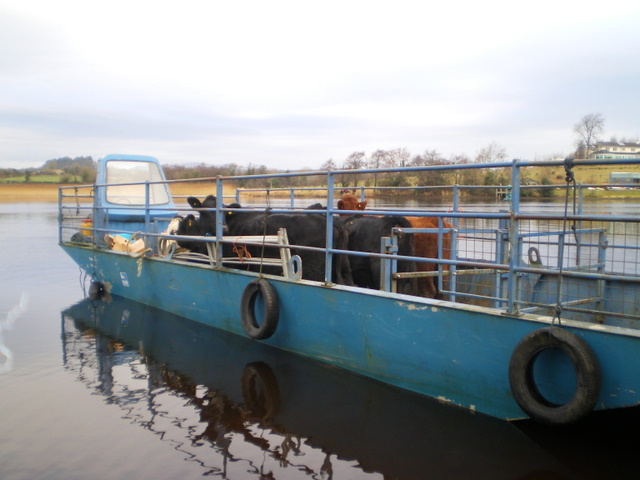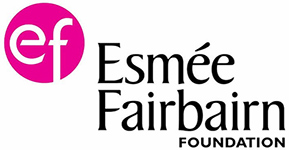Hello Everyone
This is my first blog coming all the way from Co. Fermanagh in Northern Ireland. I have only recently started my wetland reserve apprenticeship but what a fantastic 3 weeks I’ve had already. This is my press release photo, strimming rush to erect an electric fence to exclude cattle gazing ancient woodland flora. Thigh high waders, very on trend!
I previously volunteered for the RSPB team in Fermanagh on the Lower Lough Erne reserve during my year out from univerity, so it’s great to be with them as a member of ‘staff’. The reserve is made up of 39, 210m of lough shoreline and the Forest Service Castle Caldwell estate (188.8ha) on Lower Lough Erne, Co. Fermanagh. The principle target for management is the nationally important breeding wader assemblage and the Sandwich tern colony. In excess of 20% of NI’s breeding waders are found in the Lough Erne basin and RSPB’s management is essential to maintain the wet grassland habitat for these species which are virtually absent from mainland grassland around Lower Lough Erne.
During my first 3 weeks on the reserve I’ve been mainly undertaking reserve management. Grazing is an important conservation tool on the reserve, around 178ha of unimproved grassland is grazed annually by mainly sheep and cattle. The picture shows the ‘cot’ a flat bottomed boat with a holding pen we use to move livestock around the lough and as far as we know it is unique to our site. Transporting livestock onto and off islands is an essential activity this time of year.

During the course of this year the management plan for the reserve stated the removal of ancient hedgerows (300m+) on Horse island, leaving a lot of wood to be collected in piles for removal off site or burnt. Most of my time has focused on clearing these piles, weather permitting, to clear the island improving the quality and quanity of habitat available for returning breeding curlew, snipe, lapwing and redshank.
I have so far undertaken the winter WEBs count and greenland fronted geese survey and have seen many rarites on the reserve in our part of the UK including a little egret, little auk and white tailed sea eagle. I’m sure everyone has experienced the abnormal amount of rain this month and Fermanagh is no different, we’ve had rain everyday now for the last 35 days and the lough is at a record high so it has been a challenging start to the apprenticeship.
Thanks for reading my 1st blog, I’ll update you all soon! Please feel free to get in touch: amy.burns@rspb.org.uk
